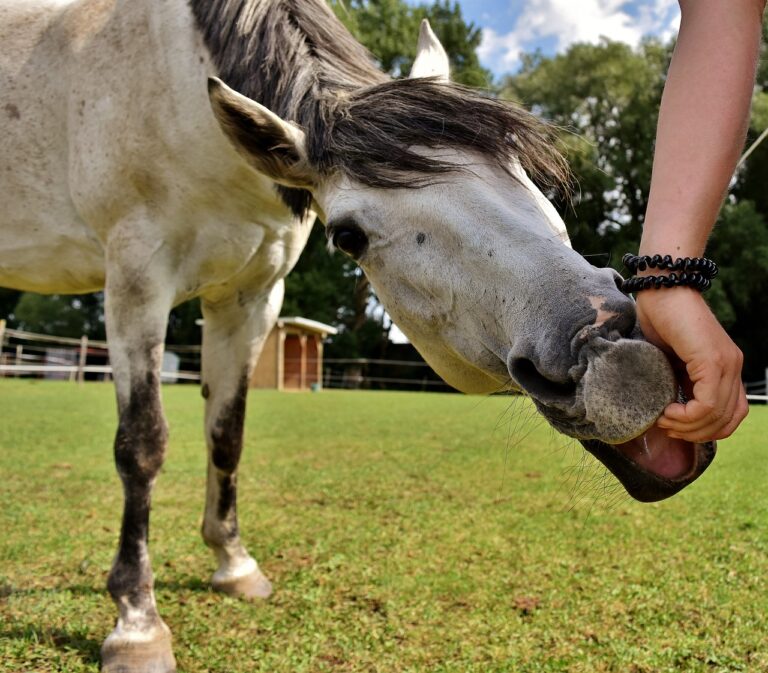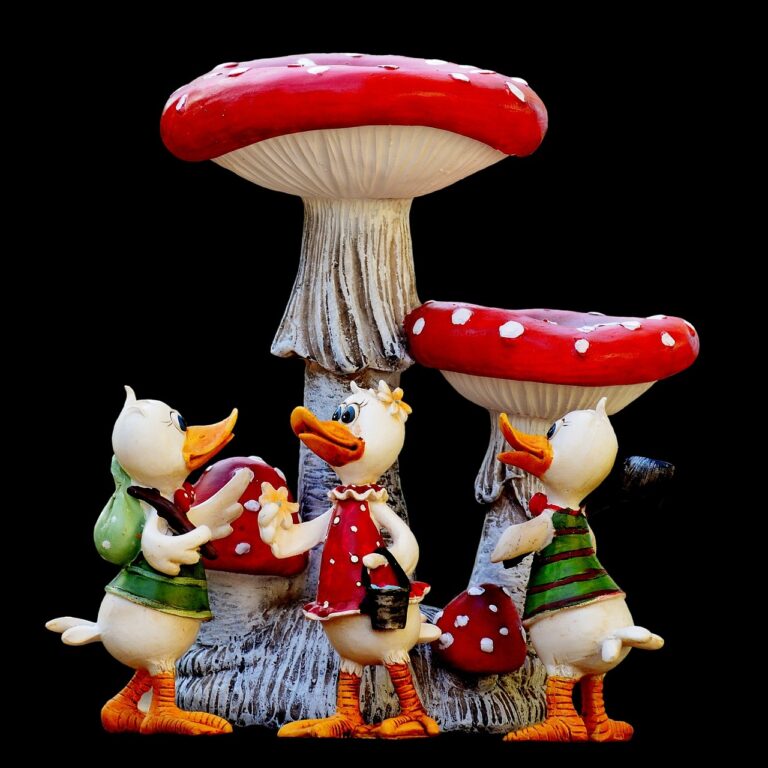The Role of Child Psychologists in Designing Children’s Entertainment Content: World777, 11xplay pro, Betbook247 app login
world777, 11xplay pro, betbook247 app login: The Role of Child Psychologists in Designing Children’s Entertainment Content
Have you ever wondered about the impact of children’s entertainment content on young minds? As adults, we may not always realize the power of the media children consume. That’s where child psychologists come in. They play a crucial role in designing children’s entertainment content that is not only engaging but also safe and beneficial for kids.
Understanding Child Development
Child psychologists are experts in child development and behavior. They understand how children of different ages think, feel, and behave. This knowledge is invaluable when it comes to creating entertainment content that is age-appropriate and aligned with children’s cognitive and emotional abilities.
Ensuring Positive Messages
Child psychologists work closely with content creators to ensure that the messages conveyed in children’s entertainment are positive and promote healthy development. They help identify themes that can instill important values such as kindness, empathy, and resilience, which are essential for children to learn as they grow.
Addressing Psychological Impact
Children’s entertainment content has the power to shape children’s beliefs, attitudes, and behaviors. Child psychologists are tasked with evaluating the psychological impact of different forms of media on children. By understanding how certain content can influence children’s mental health and well-being, they can provide recommendations for creating content that supports healthy development.
Promoting Diversity and Inclusion
Child psychologists advocate for diversity and inclusion in children’s entertainment content. They help creators incorporate diverse characters, cultures, and perspectives, which can broaden children’s understanding of the world around them. By promoting diversity, child psychologists ensure that all children feel represented and included in the media they consume.
Encouraging Critical Thinking
In a world filled with media messages, child psychologists emphasize the importance of teaching children to think critically about the content they consume. By encouraging children to ask questions, analyze information, and form their own opinions, psychologists empower them to navigate the complex media landscape and make informed choices.
Supporting Parents and Caregivers
Child psychologists also work to support parents and caregivers in guiding children’s media consumption. They provide resources and guidance on how to choose appropriate content for children of different ages, as well as how to engage in meaningful conversations about media with their children. By empowering parents, child psychologists help create a safer and more enriching media environment for children.
In conclusion, child psychologists play a vital role in designing children’s entertainment content that is not only entertaining but also educational, safe, and enriching. By understanding child development, promoting positive messages, addressing psychological impact, advocating for diversity, encouraging critical thinking, and supporting parents, they help create a media landscape that benefits children’s overall well-being.
FAQs
Q: How can parents ensure the content their children consume is appropriate?
A: Parents can research content beforehand, set limits on screen time, engage in media discussions with their children, and seek guidance from child psychologists if needed.
Q: Is all screen time harmful for children?
A: Not all screen time is harmful. It’s about the quality of content and how it is consumed. Parents can encourage a balanced approach to screen time that includes educational and interactive content.
Q: How can child psychologists help creators of children’s content?
A: Child psychologists can provide insights on child development, evaluate the impact of content on children, and offer recommendations for creating age-appropriate and beneficial entertainment.







